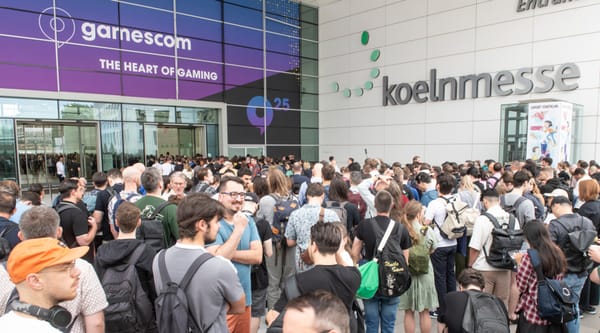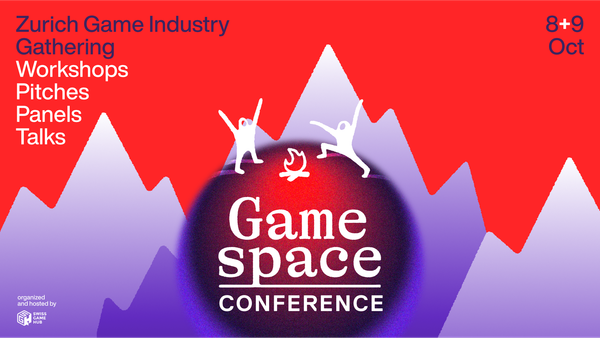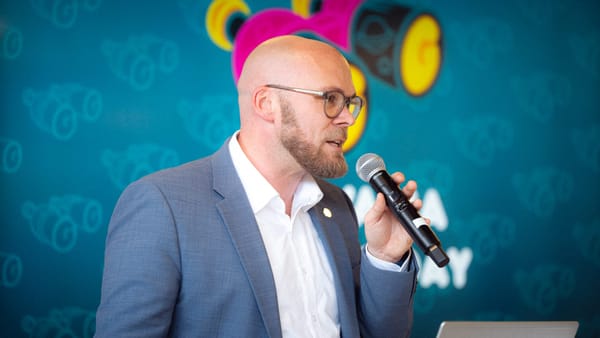State Representatives Ally to Keep Co-Fundability with Federal Fund Alive
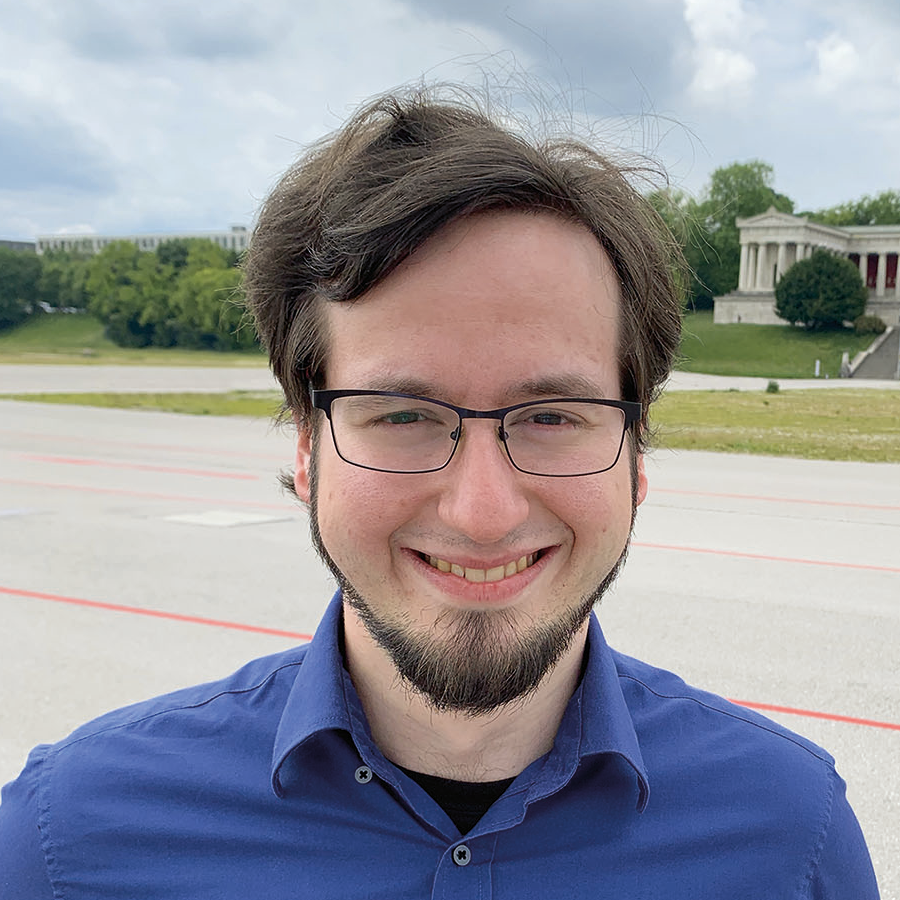


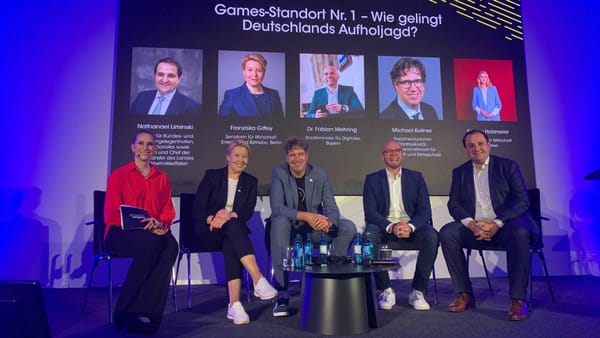
At the political main panel of gamescom congress, the three state representatives of NRW, Berlin and Bavaria and the Federal representative hit cooperative tones. Critic from the states toward the Federation came regarding cumulation of funds in the new guidelines and the integration of the states in the decision-making process. All four committed to their engagement for the non-profit status of esports.
The former Debatt(l) Royale politics panel at the Gamescom congress is now integrated into the regular program of the politics and research conference. Hosted at the main stage by moderator Frauke Holzmeier of RTL News, the four contestants this year were representative of the three strongest state funders in Germany as well as the Federal government: Franziska Giffey (Senator for Economic Affairs, Energy and Public Enterprises and Mayor of Berlin), Michael Kellner, State Secretary at the Federal Ministry for Economic Affairs and Climate Action, Nathanael Liminski (Minister for Federal and European Affairs, International Affairs and Media of the State of North Rhine-Westphalia and Head of the State Chancellery) and Fabian Mehring (Bavaria's State Minister for Digital Affairs).
The overarching topic remained the long-lasting question of how Germany could reach into the top of the global game production countries.
Kellner once more explained the new funding structure as good for small and middle-sized industries. As the states did at their respective receptions, he also emphasized that the funds remained the same, as opposed to many other funds in different industries. He also remained in favor of tax cuts, but emphasized that this is not just a decision of the Bundestag, but also needs the cooperation of the Bundesrat, the parliament of the states.
The three state representatives sent harsh, but constructive words to the Federal government regarding the new funding landscape, with demands for tax credits and co-usable funding between state and Federal funding, among else. Especially the demand for co-fundability, so called cumulation, cancelled in the new funding guidelines, found huge favor with all three state representatives.
Kellner defended the decision to cut cumulation by two points: First of all, he insists that the bureaucratic effort for this was enormous. Secondly, he explained the the EU regulations only allow for up to 50 per cent of funding for a project. Since the new guidelines give 45 per cent to studios and even 50 per cent for start-ups, cumulated funding would not even be possible, Kellner said. He also once more explained the need for tax cuts and his ministry's efforts to enable them, focussing however the challenges for the Federal finances that are included.
Another critical point was the currently unusable 33 million euros of Federal funding that lie with Claudia Roth of the BKM and not with the Ministry for Economic Affairs and Climate Action. Mehring especially said that the confusion damaged Germany's reputation in the international games industry. Giffey supported the statement, calling attention towards big players not wanting to recruit and settle in Germany if the funding promises were broken.
Even less enthusiastic were the three about the communication of the new guidelines, given yesterday evening at the gamescom opening by Vice Chancellor Habeck. They called for a preemptive integration of the states beforehand so they had to criticize less in the aftermath. Kellner however emphasized that there were summits between Federation and states beforehand, including one at gamescom in the last days.
Not all was critical, though. Liminski lauded the accommodation of the Federal Government to lower the minimum worth of the fundable projects from 400,000 euros to 300,000 euros.
The overall tone of the panel was cooperative and lighthearted; the participants agreed that the competition was not between the German states, but between Germany or rather Europe and Asia, America and other strong markets. In general, the new funding guidelines found positive reception by the states, with the exceptions that they had called for. Giffey especially called for swift action, since the next half year would be crucial. Afterwards, when the election campaigns go into full swing, not much constructive political engagement would be done.
Based on impulses from the audience, the panelists then went to discuss the promotion of young talents and the academic structure of training aspiring games workers, grassroots movements in regards of sports and esports and of course the still-awaited non-profit status of esports.
